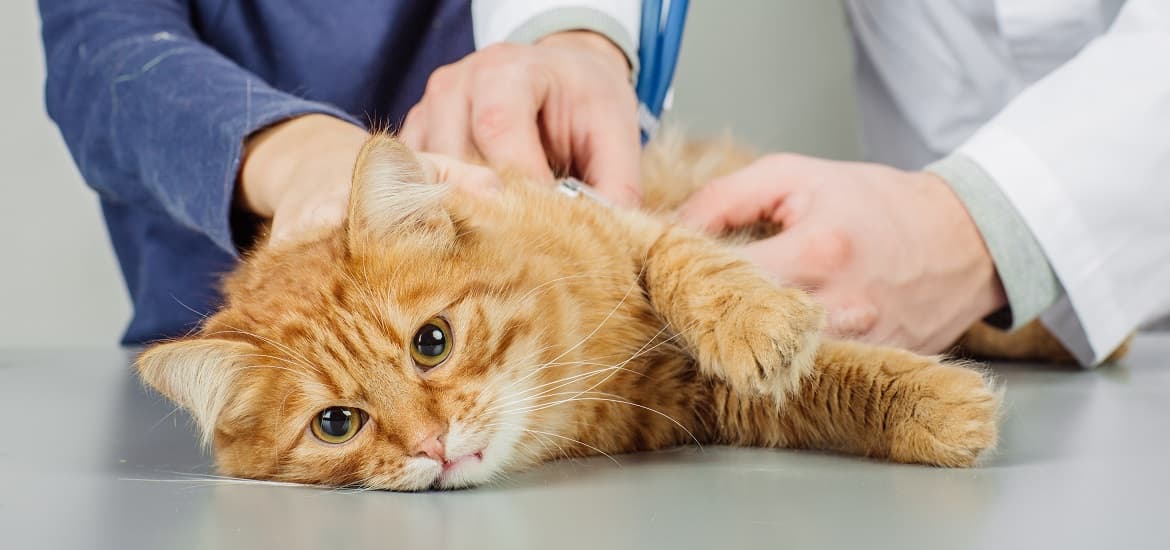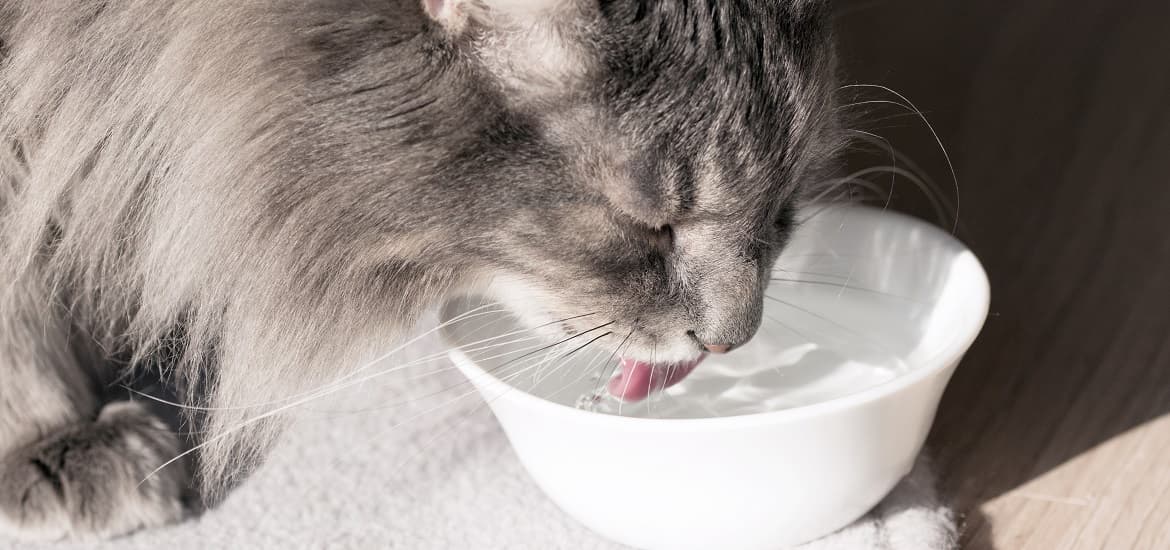Jul 22, 2020, 6:20 PM
Most feline pet owners know that renal disorders are a major threat to the health and wellbeing of their lovable companions. From helping to manage blood pressure to stimulating the blood marrow to create new red blood cells, kidneys play a vital role in keeping felines healthy. As cats age, their kidneys tend to deteriorate and thereby become susceptible to diseases. In this write-up, we'll be sharing some surprising facts about renal diseases and how you can spot the early signs of such conditions in cats.

1 in 3 Cats are Affected by Kidney Disease
Studies have pointed to the fact that 1 in 3 cats or more is likely to develop some form of renal disorder. Chronic renal failure is a common cause of morbidity and mortality in cats. The reason as to why feline kidney diseases are common is that the animal is an obligate carnivore and hence require meat in their diet. As a result of the increased meat consumption, their kidneys are needed to work more to filter out waste products. If it’s not diagnosed in time, renal diseases can cause considerable damage, which may even be irreversible. Through timely diagnosis and an appropriate treatment plan, you can curb the progression of such diseases to a large extent.
Diseases and Hereditary Conditions
Hereditary diseases are those that are passed down from one generation to the next through defective genes. Like any other animal, cats also suffer from genetic disorders with pedigree cats more prone to develop such diseases due to selective and in-breeding. Listed below are some of the common diseases and hereditary conditions that can give rise to kidney diseases:
- Feline Infectious Peritonitis (FIP)
- Renal Calculi
- Polycystic Renal Disease
- Leptospirosis
The Early Symptoms
In feline's, renal disorders are not so evident until they become advanced. A key sign that you should keep an eye on is whether they are urinating and drinking more; this can happen because of damaged kidneys as they are less able to hold urine. Other symptoms to take note of include appetite and activity changes, vomiting, seizures, and foul breath.
Note: These symptoms may also arise due to other diseases; as such, you should consult a veterinarian for proper diagnosis and set up an appropriate plan of treatment.

Early Diagnosis is Important
Research and studies have pointed to the fact that early diagnosis of chronic renal disorders can significantly curb the rate of progression of the diseases and increase the life span in affected cats. While a thorough history and physical examination can help identify some subtle signs of illness, in some instances, your veterinarian may recommend urine gravity testing to accurately summarize whether the animal is suffering from any renal disease.
Avoid Dehydration and Other Happy-Kidney Tricks
Cats are discreet in how and when they consume fluid. Most pet owners fail to note of early signs of dehydration until the animal becomes sick. To ensure that your feline companion does not become dehydrated, one thing you can do is to keep a fresh bowl of water always at its disposal. If, in case, you feel as if the animal is not consuming enough, try to add meat juices to the water. Other steps that you can take to ensure the health of your feline's kidneys include serving it wet cat food and encouraging it to lead an activity and healthy lifestyle.
The IDEXX SDMA Test
Manufactured by IDEXX Laboratories, the IDEXX SDMA Catalyst Test can help your veterinarian to identify feline kidney diseases, months, if not years before they become evident. Consult your veterinarian for more details about the test and how it can help your companion to stay healthy.
